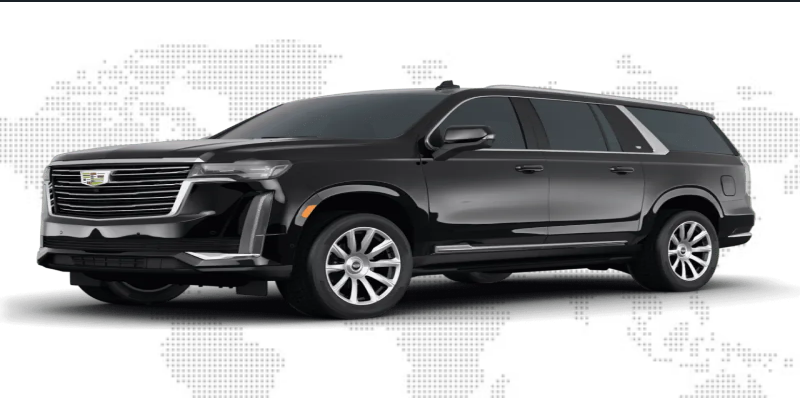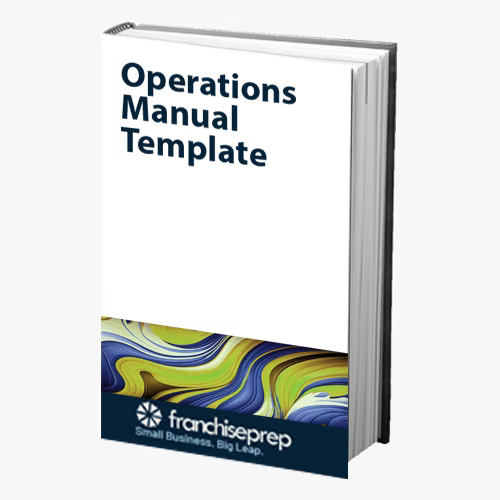
Finding the perfect rollator walker with a seat can significantly enhance mobility, independence, and overall quality of life for individuals with limited mobility. With numerous options available in the market, selecting the right one can be overwhelming. This guide will walk you through the key factors to consider when choosing the best rollator walker with seat to meet your specific needs.
1. Understand Your Needs
Before diving into the specifics, it’s essential to understand your unique requirements. Consider the following questions:
What is your height and weight?
How often and where will you use the rollator?
Do you need it for indoor or outdoor use?
Do you require any special features, such as extra storage or a wider seat?
2. Weight Capacity
Rollator walkers come with varying weight capacities. It's crucial to choose one that can comfortably support your weight. Most standard rollators have a weight capacity of 250-300 pounds. For heavier users, bariatric models offer higher weight limits, typically up to 500 pounds.
3. Seat Size and Comfort
The seat is a vital component of a rollator walker, providing a place to rest during use. Look for a seat that is wide and comfortable enough to sit on for extended periods. Padded seats are generally more comfortable, and some models offer backrests for additional support. Ensure the seat height is adjustable to match your needs.
4. Wheel Size and Type
The size and type of wheels determine the rollator's maneuverability and suitability for different terrains. Smaller wheels (6-8 inches) are ideal for indoor use and smooth surfaces. Larger wheels (8-10 inches) provide better stability and are suitable for outdoor use on rough or uneven terrain. Some rollators feature pneumatic (air-filled) tires for a smoother ride.
5. Frame Material and Weight
Rollator frames are typically made from aluminum or steel. Aluminum frames are lightweight, making them easier to lift and transport. Steel frames, on the other hand, are more durable but heavier. Consider the trade-off between weight and durability based on your lifestyle and strength.
6. Braking System
A reliable braking system is crucial for safety. Most rollators have hand brakes similar to bicycle brakes. Ensure the brakes are easy to use and lock securely when engaged. Some models also feature loop lock brakes, which provide additional stability when sitting or standing up.
7. Foldability and Portability
If you need to transport your rollator frequently, opt for a foldable model. Foldable rollators are easier to store and fit into car trunks or closets. Check the folding mechanism to ensure it is user-friendly and can be operated without much effort.
8. Additional Features
Modern rollators come with various additional features to enhance convenience and usability:
Storage Bags and Baskets: Ideal for carrying personal items or groceries.
Adjustable Handles: Ensure the handles can be adjusted to your height for proper posture and comfort.
Cup Holders and Trays: Useful for carrying drinks or small items.
Cane Holders: Convenient if you also use a cane.
9. Price and Warranty
Rollator walkers are available at various price points. While it’s important to stay within your budget, investing in a high-quality rollator can pay off in the long run. Check the warranty offered by the manufacturer to ensure you are covered in case of defects or issues.
Conclusion
Choosing the best rollator walker with a seat involves careful consideration of your specific needs and preferences. By understanding the key factors such as weight capacity, seat comfort, wheel size, frame material, braking system, foldability, and additional features, you can find a rollator that enhances your mobility and independence. Take the time to research and test different models to ensure you make an informed decision that will serve you well for years to come.


















Write a comment ...